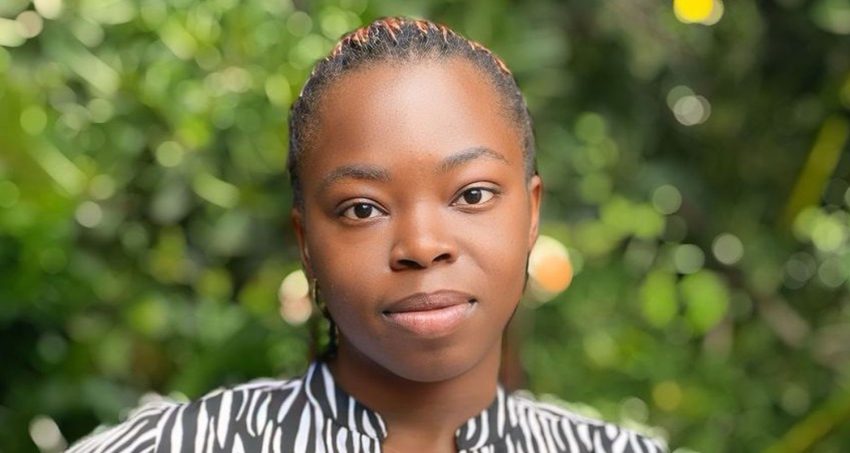When Elon Musk claimed earlier this year that Starlink was being blocked in South Africa because of black economic empowerment rules, it ignited a debate that went far beyond satellite internet.
Communications regulator Icasa quickly countered that no application for a licence had been received. The clash has left South Africa an outlier on the continent: while many of its neighbours move ahead with Starlink roll-outs, the local market remains stuck in regulatory limbo.
Starlink’s presence on the continent has expanded rapidly. In 2025 alone, the Democratic Republic of Congo reversed an earlier ban and issued a licence, citing dire connectivity needs. Zimbabwe, Kenya, Mozambique and Ghana are already active markets. In several of these countries, Starlink’s monthly subscription fees are competitive with, and in some cases lower than, the leading fixed-line providers.
In Kenya, for example, Starlink’s “Standard” plan costs roughly US$31-51/month, while in Zimbabwe a scaled-down “Mini” option is priced at about $30. Hardware costs remain significant, but the service has proven attractive for schools, farms and small businesses beyond the reach of fibre networks.
South Africa stands apart. Although Starlink routers and gateways have been granted “type approval”, the dishes themselves, the critical “user terminals” have not. More importantly, Icasa has confirmed that Starlink has not applied for the service and network licences needed to operate legally in the country.
This means that, despite the hype, using Starlink in South Africa remains illegal. Some households have accessed the service through roaming arrangements, but SpaceX has begun suspending those accounts. Without regulatory clarity, the service cannot be formally launched.
The BEE debate
The sticking point is empowerment. South African law requires that 30% of equity in telecommunications licensees be allocated to historically disadvantaged groups. Musk has publicly derided this requirement as “openly racist”. The government, in response, has floated an “equity equivalence” model, which would allow compliance through local investment, jobs or transformative programmes rather than direct ownership.
Critics see this as bending the rules for a single company. Supporters argue it is a pragmatic solution to unlock new connectivity options for underserved communities. The debate has quickly to become a proxy for larger questions about whether South Africa’s empowerment policies can evolve without losing credibility.
Read: Amazon’s Kuiper eyes South Africa as Starlink awaits licensing reform
Local operators are watching closely. Telkom, Vodacom, MTN and others argue that carving out a “Starlink exception” would distort the market. They contend that if empowerment rules and licensing frameworks are to change, those reforms must apply to all providers, not just one satellite entrant.
The concern is not only regulatory fairness. Starlink’s ability to deliver connectivity directly via satellite could undermine rural broadband projects that mobile operators and government have been investing in for years. If Starlink undercuts these plans, the sector could face renewed instability.
The digital divide cuts both ways: Starlink could provide life-changing access for remote schools, clinics and farms, but without subsidies or institutional uptake, it risks becoming a premium service for elites, rather than a mass-market equaliser.
South Africa faces a choice. It can bend its empowerment rules to accommodate one billionaire’s satellite venture, or it can reform its licensing framework in a way that is transparent, technology-neutral and fair to all players.
Read: The Starlink seduction
Starlink has undeniable potential to connect the unconnected. But for it to play a constructive role in South Africa’s digital future, regulation must serve the broader public interest, not the needs of a single company. Innovation and empowerment can coexist only if the rules are reformed with integrity.
- The author, Jessica Gbedemah, is a final-year PR and communication management student at the University of Johannesburg. She is currently completing her work integrated learning at Decode Communications as a PR intern. She is the 2025 Student Public Relations Association chair, faculty of humanities mentor and the Inner-City Mission for Children project leader at the Community Engagement unit of the university
